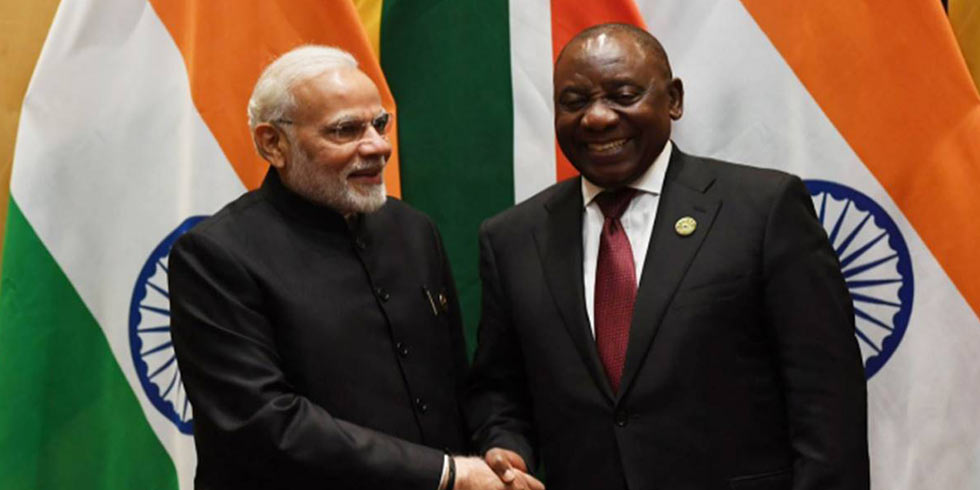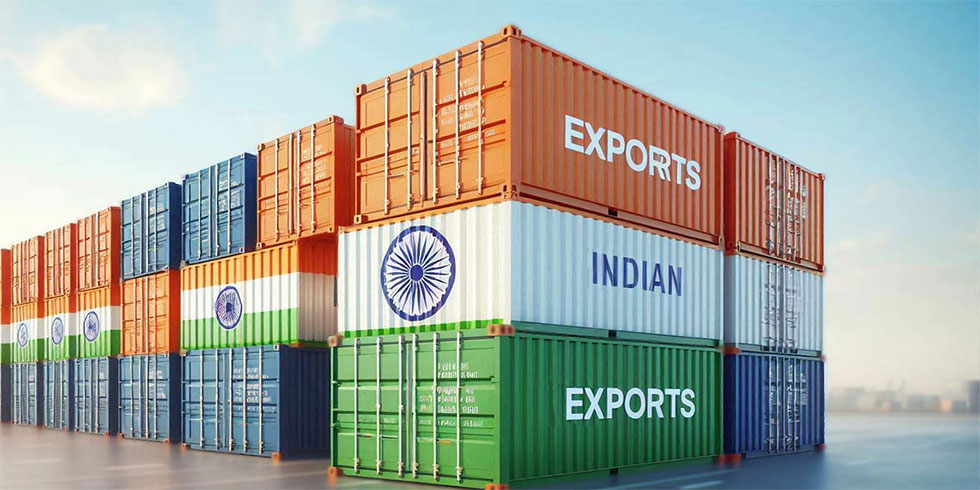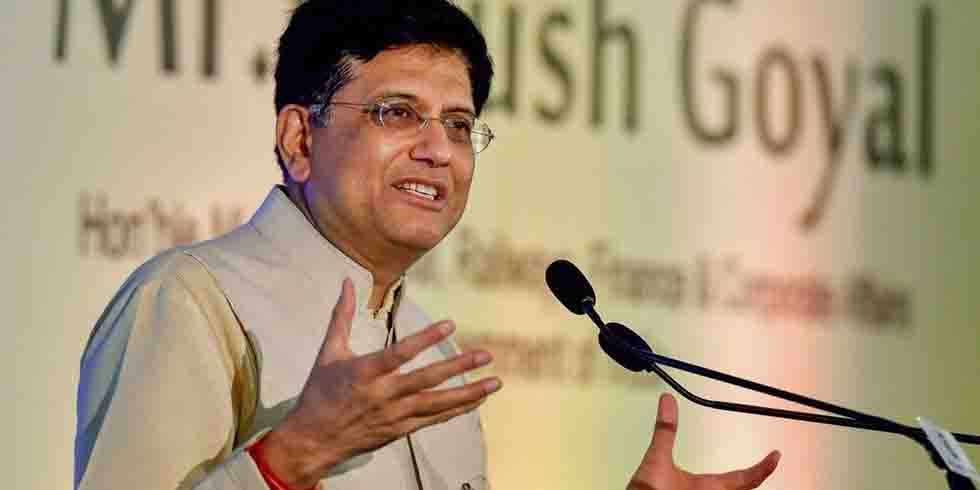India's commercial relations with Africa are comprised of three elements: expanding the number of imports and exports between the two nations; government assistance for the private sector; and the diversified character of India's economic involvement with Africa, both public and private.
Due to its abundant natural riches, Africa is now regarded as one of the most promising undeveloped investment locations. The continent is the world's third-fastest expanding economic area, with a rate of urbanisation higher than India. In this sense, Indian investments in the area have experienced an upward trend in recent years; investments have increased significantly throughout the African continent and sectors. Indian multinational companies (MNEs) operating in Africa now vary from energy to mining to telecommunications to IT-enabled services.
In Africa, Indian enterprises sometimes acquire established businesses and are less vertically integrated - they source goods locally or from foreign markets and sell to private African organisations. India's increasing energy demands have compelled it to seek energy cooperation with African countries as a source of raw materials and energy supplies. Indian national oil firms have invested in Sudan, Ivory Coast, Libya, Egypt, Nigeria, the Nigeria-Sao Tome and Principe Joint Development Area, and Gabon. Private sector firms such as Reliance have also invested in equity oil in Sudan, while Essar has acquired exploration and production blocks in Madagascar and Nigeria.
Apart from hydrocarbons, the metals conglomerate Vedanta Resources has spent millions in Zambian copper mines, while the Liberian Parliament has passed a 25-year agreement that would allow ArcelorMittal to begin a billion-dollar iron ore mining operation. Tata Steel engaged in a ferro-chrome project in Richards Bay, South Africa. Since the 1970s, the Tata Group has had a presence in Africa in the transportation, information technology, hotel, mining, and telecommunications industries.
African nations have welcomed the Make-in-India program as a chance to increase investment. Companies can acquire resources from Africa, manufacture them in India, and then sell them in Africa. Africa's market is anticipated to grow. This presents the excellent potential for both India and Africa to strengthen their trade and investment links.
The Indian government has taken major measures to prepare the Indian business sector to turn to Africa for investment possibilities and to contribute to the continent's value addition and economic growth. India's broad-based investment policy may aid supplement trade development between India and Africa, as well as broaden the range of commodities and services exchanged between the two. There is a need to remove bottlenecks such as investment protection, access to finance, and a better business climate in order to increase investments and accomplish common development goals.










Add Comment